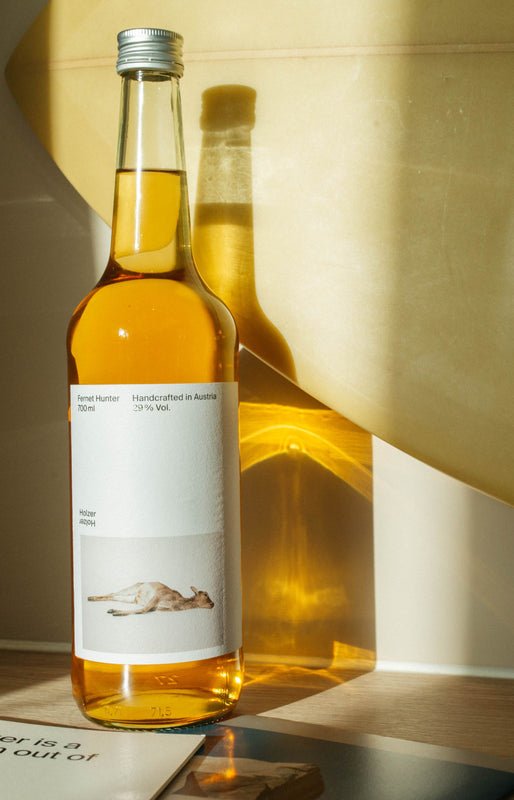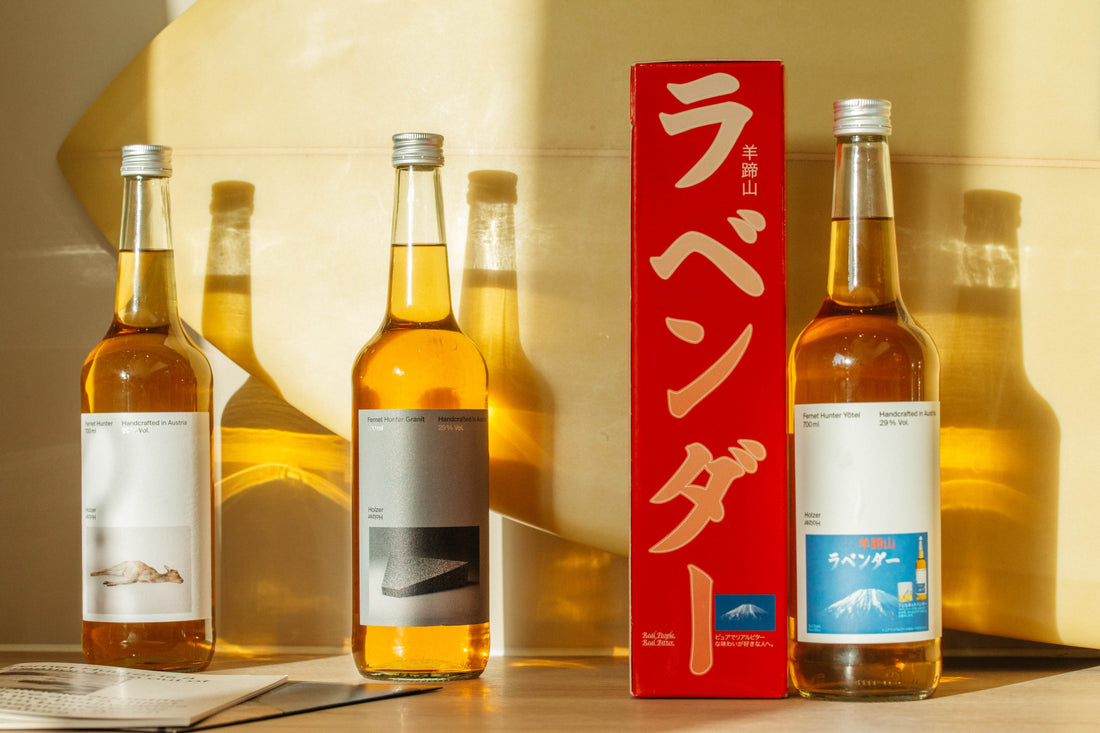Much like the spirit he distills, Raphael Holzer, the co-founder of Hong Kong’s only Italian bitter Fernet Hunter, is complex and multifaceted. We sat down with Raphael to talk about family legacy, building his business, and tackling the unknown.
-
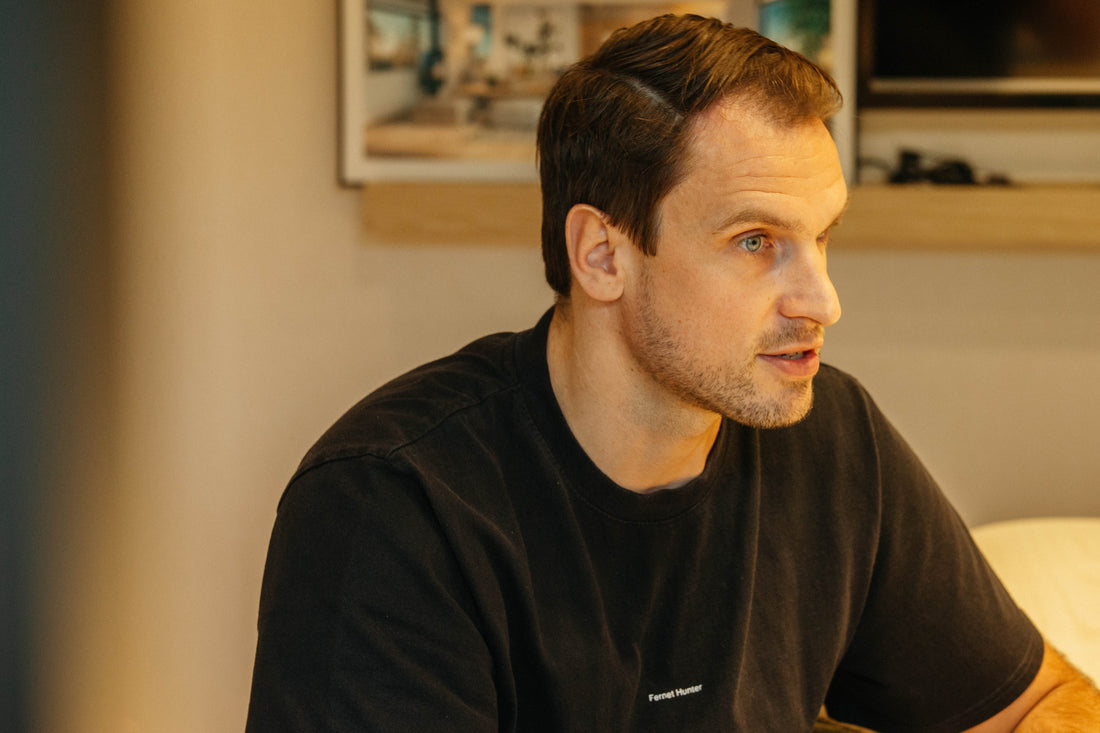
-
Joseph Luk (Editor): Your great-grandfather introduced the Italian bitter Fernet Stock from Trieste, Italy to Linz, Austria. Your grandfather and father founded Holzer & Holzer, a fernet distillery in Brunnwald Forest. Did you ever consider another line of work?
Raphael Holzer: I spent the majority of my career working in F&B, but I always knew I wanted to go back into spirits. My great-grandfather brought Fernet Stock over to Linz, Austria in 1923. That’s all part of the family legacy now, but I have all these memories of growing up around old Fernet Stock advertisements, of my grandfather in a lab coat working in the lab at the distillery.
I’ve always been fascinated by alcohol and distilleries. And about six years ago, my father and I kicked off the Fernet Hunter business with 600 bottles of bitters. Fernet Hunter will always have a strong Hong Kong-Austria connection: the spirit will always be distilled in Austria, but by the time we launched, I had already spent nine years in Hong Kong working in the F&B scene. When my father passed away, my business partner, Neville Kotewell stepped in and gave us backing from Hong Kong to continue, which is where the business is headquartered today.
-
JL: So are you still using the original fernet recipe developed by your grandfather and father in Brunnwald Forest?
RH: With Fernet Hunter, we used the original recipe as a reference point to jump start the process, but we’ve adapted and reimagined it for a contemporary consumer as the original was more medicinal in a flavor.
We wanted to make it more modern, and I knew that the flavors needed to be fresh, fragrant, and not overly bitter. The spirit needed to be balanced, like sake. The best ones are balanced, they’re not too strong and not too dry. There’s this beautiful game of hitting all your senses at the same time, it's sweet, it's sour, it's bitter, and that's the fun part, and I think my father hit that beautifully.
JL: Where do you find inspiration? Fernet Hunter Granit, for example—the second generation of your bitter—how did that come about?
RH: We listened to the people that work with us and they are all around us. There were a lot of bartenders that said our first product was on the sweet side, so we played around and developed a drier version. If we reduce sugar, we lose the body, but asked ourselves “what brings the body back?”
Then we looked at different ingredients as role for sweetness, and finally, arrived at using Chamomile, which helps to bring the perception of ‘body’ back because it's so rich and soothing.And Fernet Hunter Granit mirrors the properties of granite, like the ones from the Austrian region of Bohemian Massif—it’s a super remote area, with incredible water source and granite rocks everywhere.
-
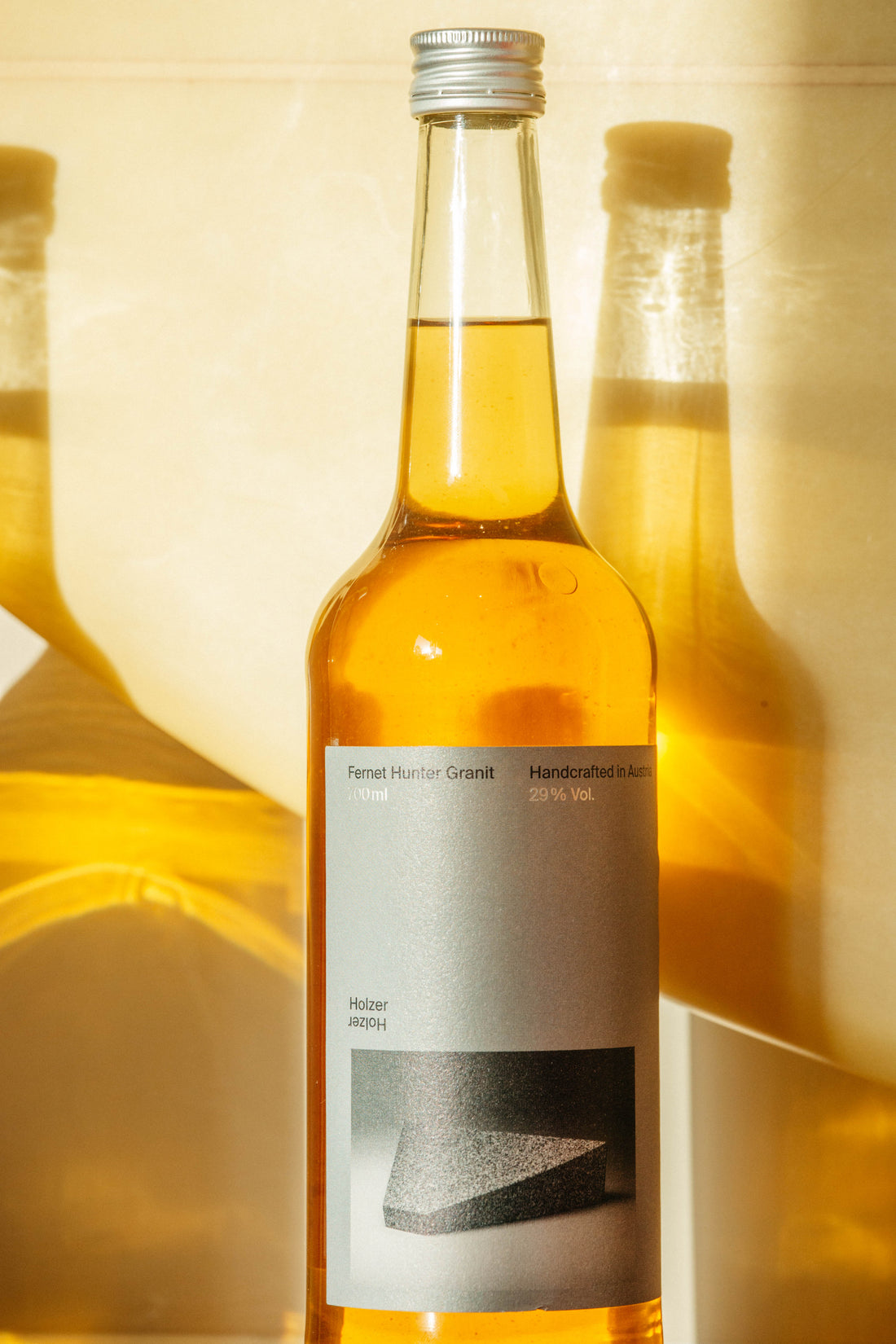
-
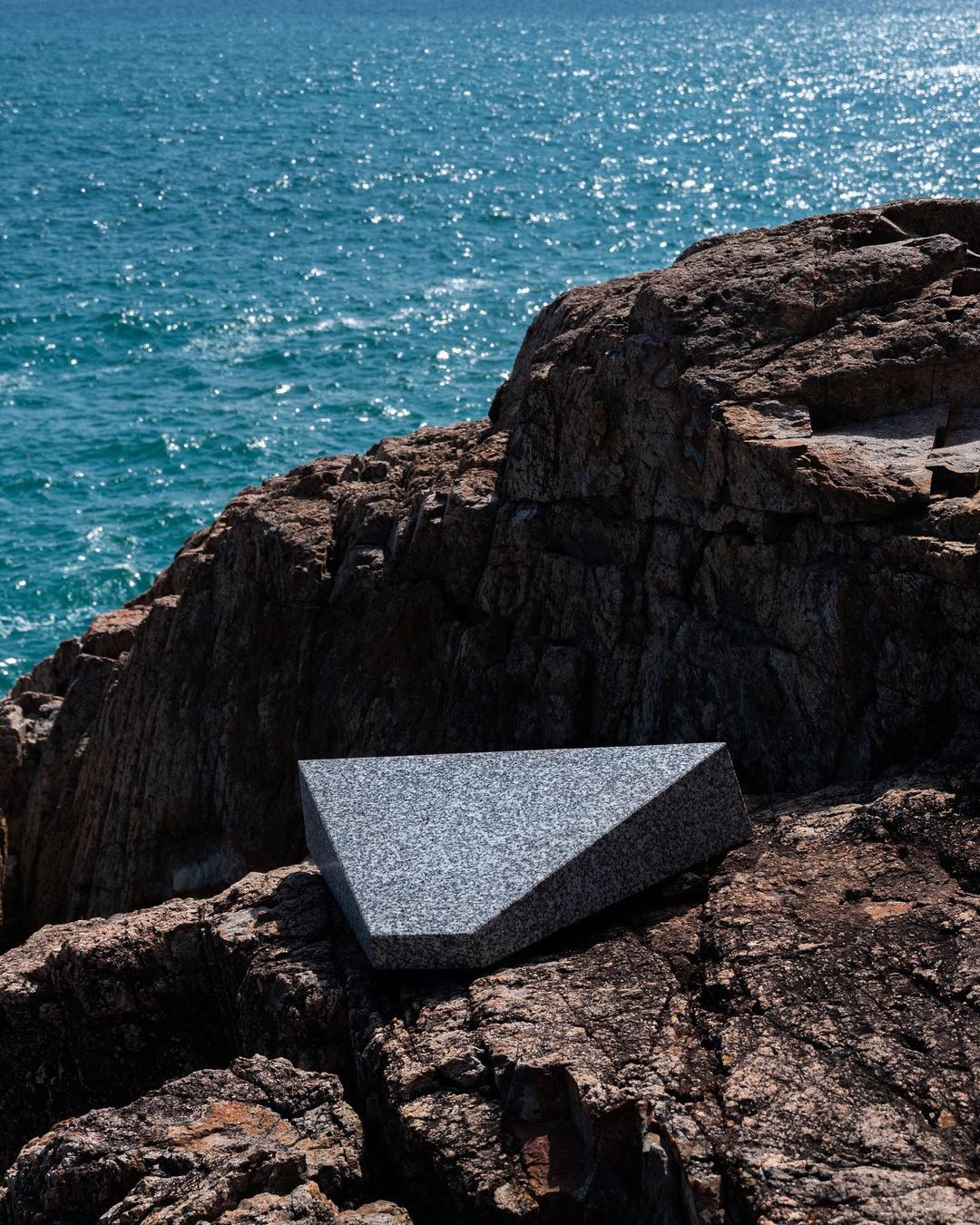
Image from Fernet Hunter (@fernethunter)
-
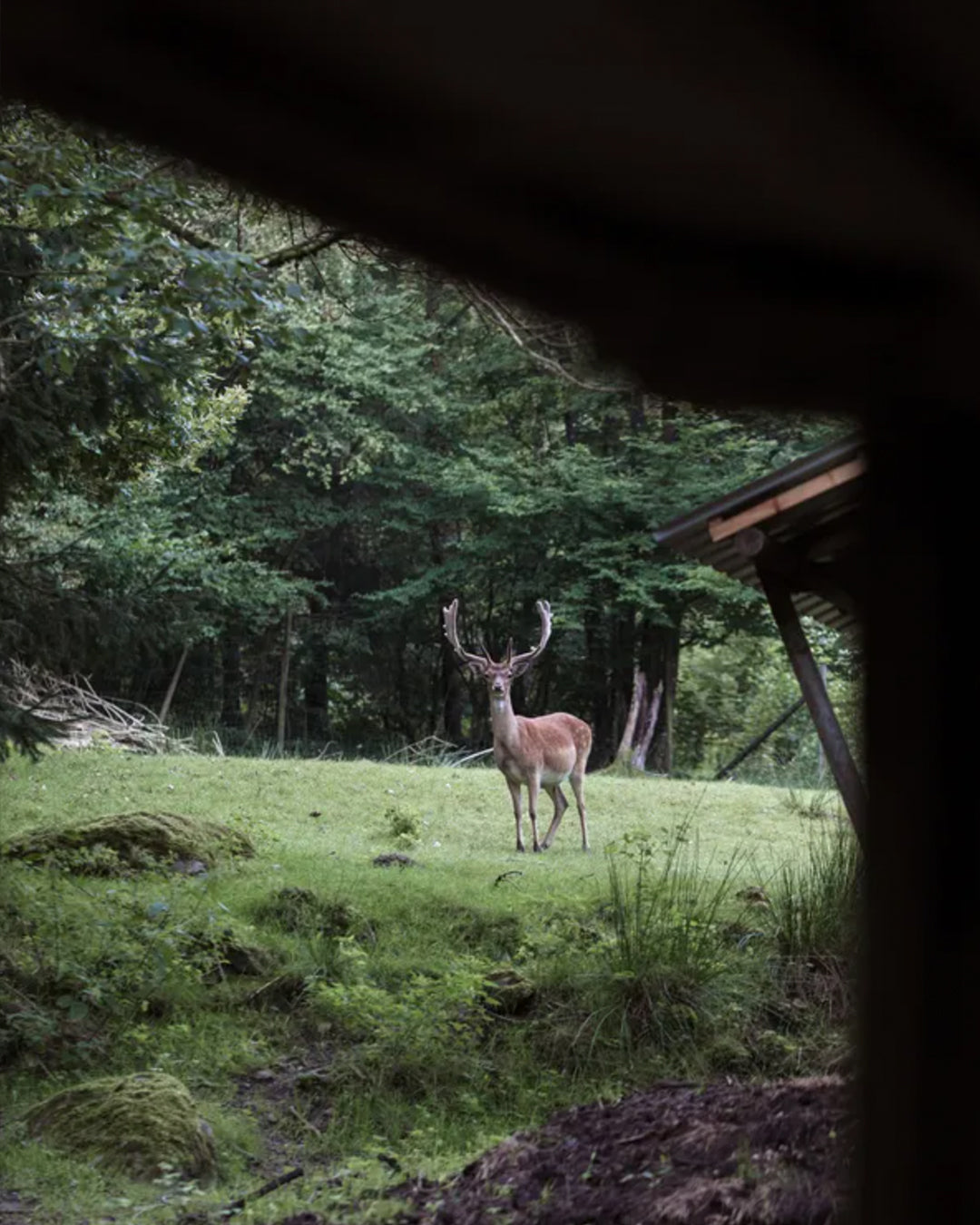
Image from Fernet Hunter (@fernethunter)
-
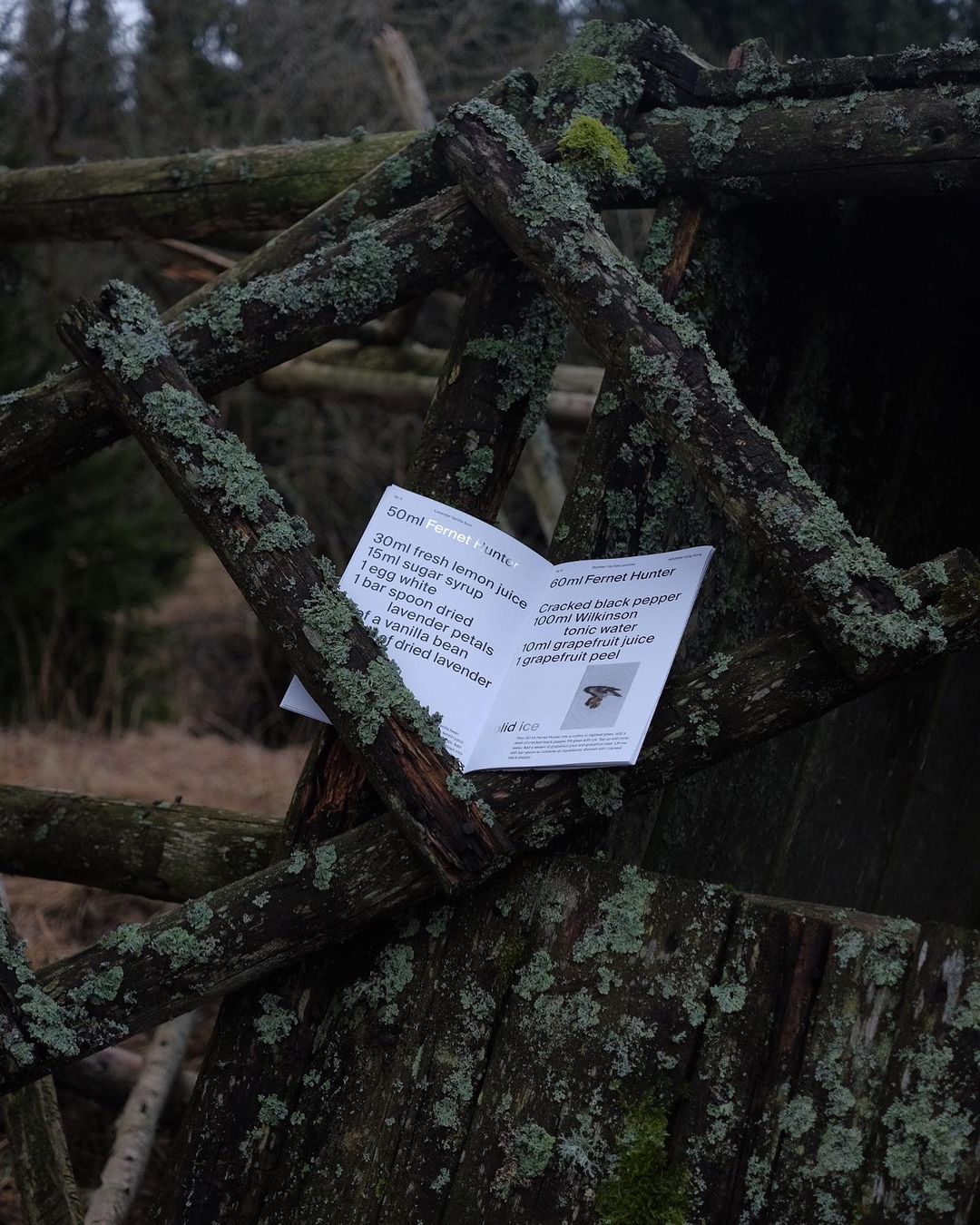
Image from Fernet Hunter (@fernethunter)
-
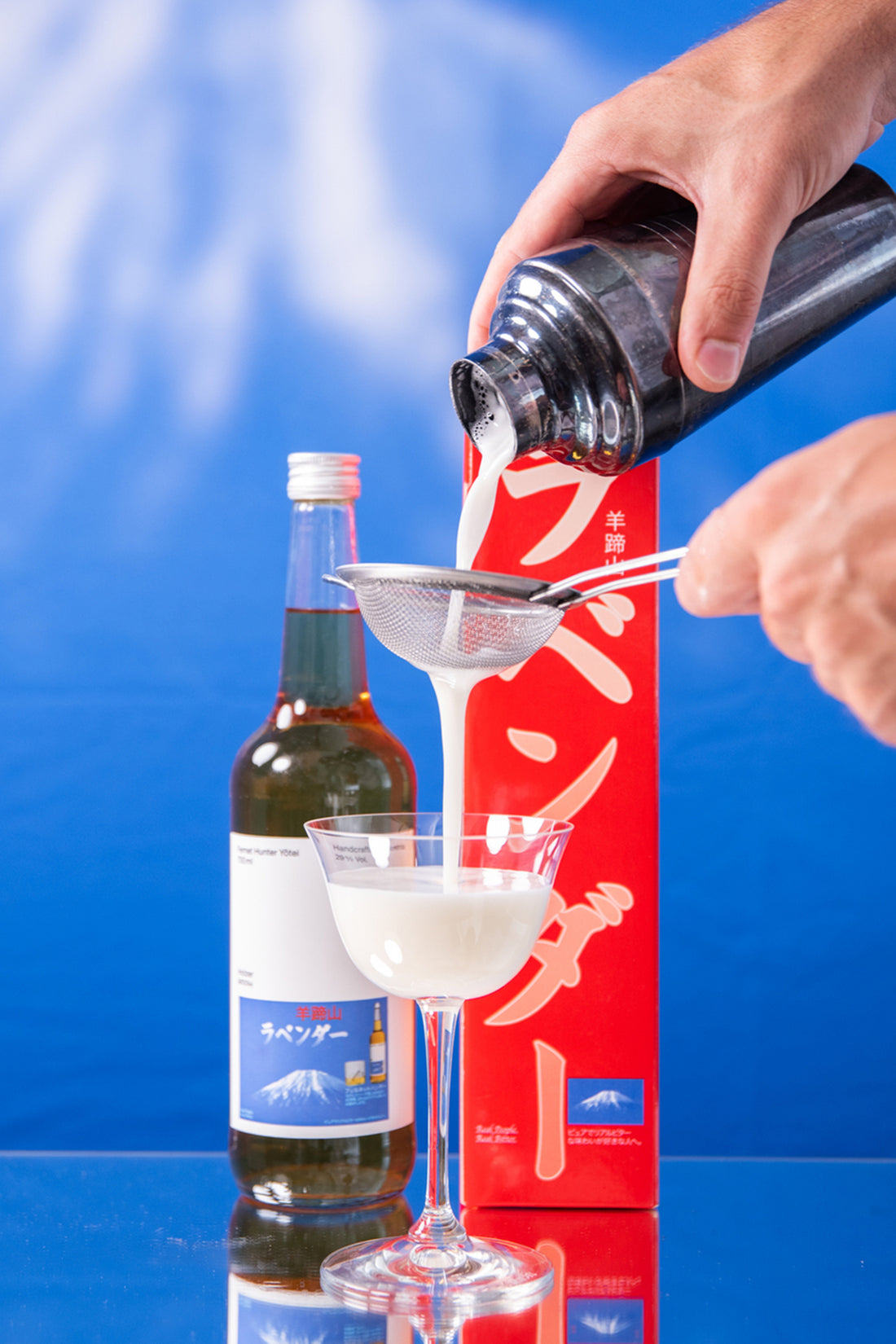
Image from Fernet Hunter (@fernethunter)
-
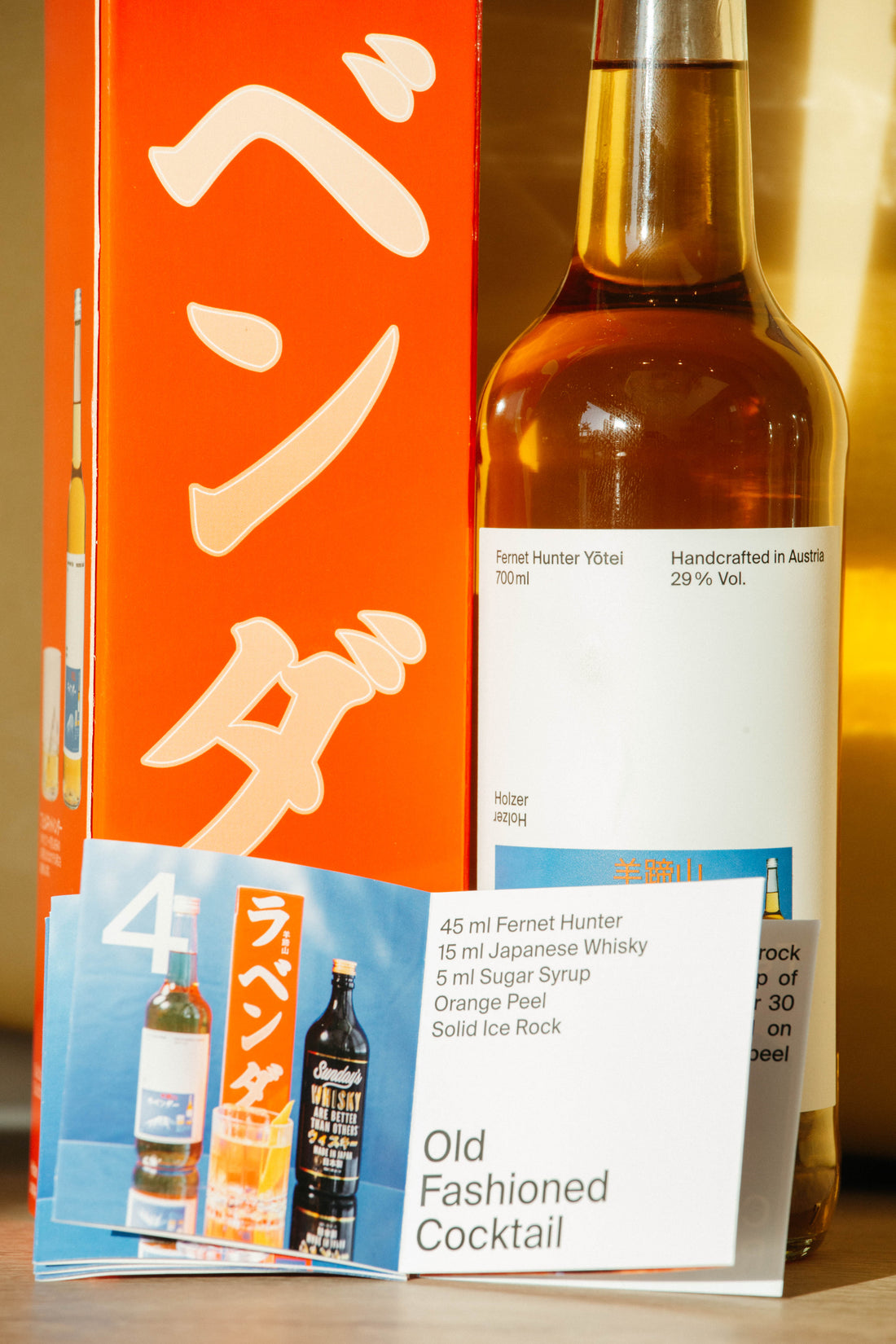
-
JL: How difficult has it been starting a bitters business in Hong Kong, of all places? Has it been a tougher-than- expected journey?
RH: Any business is a tougher-than-expected journey. In fact, sometimes it’s good when you don't know everything about the business that you're going into. For instance, I would never open a restaurant because I’ve seen what goes into running restaurants. I mean, I grew up in one.
But here’s the other thing, it's always a balancing act between appealing to your base and being commercially successful. And it’s a very fine line. But it’s so important for us at Fernet Hunter to appeal to our core and the people that work with us on a daily basis, even if it’s a greater challenge, meaning we like to go down the road less traveled and take the tougher approach versus taking the mainstream route.
I can't plan five to ten years ahead. I mean, I can, but it doesn’t account for the unexpected. I take it a step at a time, currently, I’m just adding another room to the warehouse. Fernet Hunter is produced in a farmhouse built in the 1860’s, and I’m working on refurbishing it bit by bit. I’d like for it to be completely self-sustaining eventually and be completely off the grid.
But the challenges have been worth it. I love the production process— distilling, bottling and just being in my hometown in Austria. And I love the satisfaction that comes once I’m done and the bottles are packed and placed on the truck to be delivered all across the world.
JL: It’s been quite an adventure.
RH: For sure. Building this brand has been an incredible adventure. We’re outside and we’re active; every time we go for a shoot, or plan an event, we’re not trying to play it safe—we’re trying to do something a little out of the norm.
We did an event a couple years ago where we took bartenders rock climbing because I want them to experience something I personally enjoy. I mean, why do I need to go drinking with you? We can always have a drink afterwards.
Similarly, we hosted an exhibition of snowboards and photography not too long ago when we launched Fernet Hunter Yotei—it’s not just about tasting the spirit, but we wanted our audience to understand the brand and what we’re all about.
JL: Last thing. I’m looking at the Fernet Hunter packaging and I see an emblem here. What is it?
RH: That’s our family crest. My grandfather drew it in 1973. The “73” in the emblem is a reminder of the deep roots in our family that go way back—a century now to my great-grandfather and his work with Fernet Stock, and half a century to when my grandfather began his journey.
We never used to have a crest and we’ve kept it right there on the box to remind us of our legacy.
More from the journal
View All-
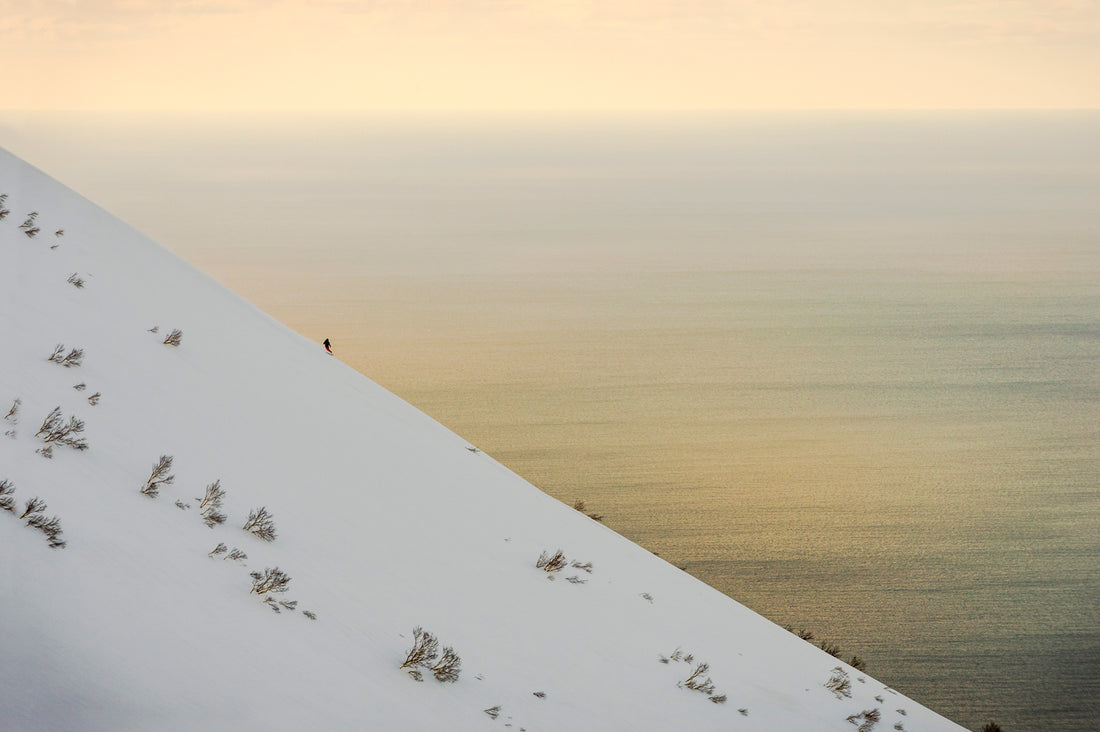
Travels
Rishiri Island — Skiing in Lands Unknown
Situated some 20 km west of Hokkaido sits the small, disk-like island of Rishiri. Small and compact it may be, covering some 180 sq/km, yet this mighty little island packs a punch, for standing tall and fierce in the rotund island’s icy centre is Mount Rishiri.
-
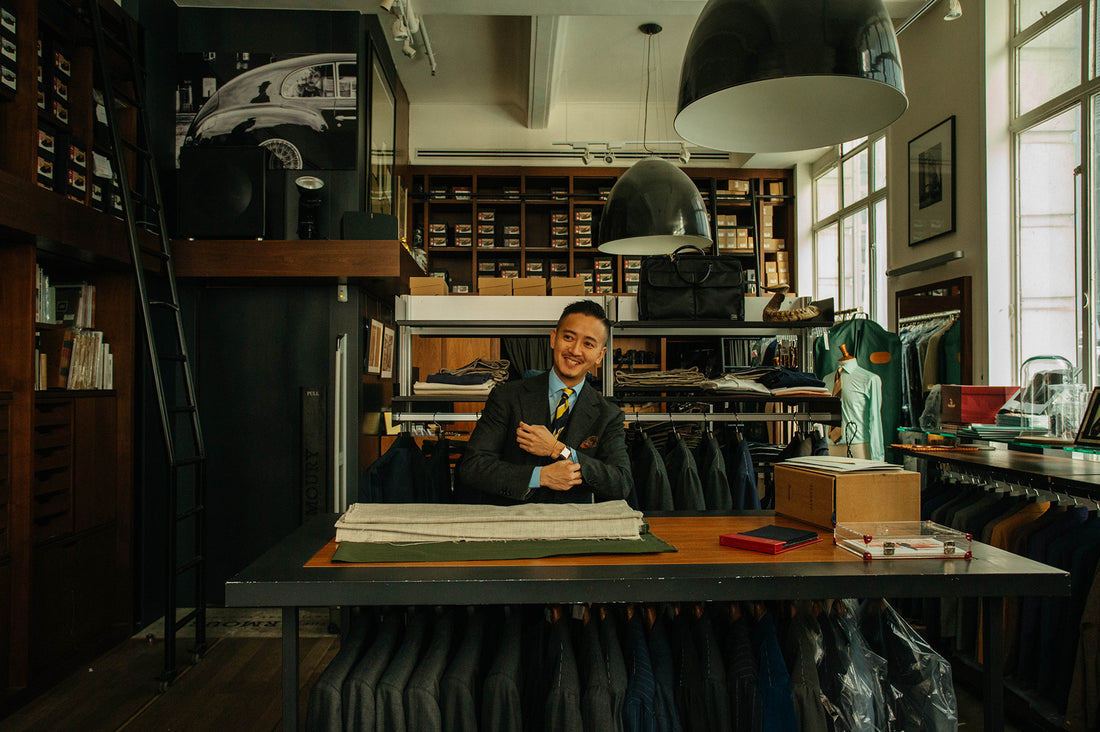
Conversations
Behind the Seams: The Adventures of Alan See
We sit with Alan See, the co-founder of menswear brand and boutique, The Armoury to talk about good suits, good tailoring, and the adventures he’s had along the way that make great tales.
-
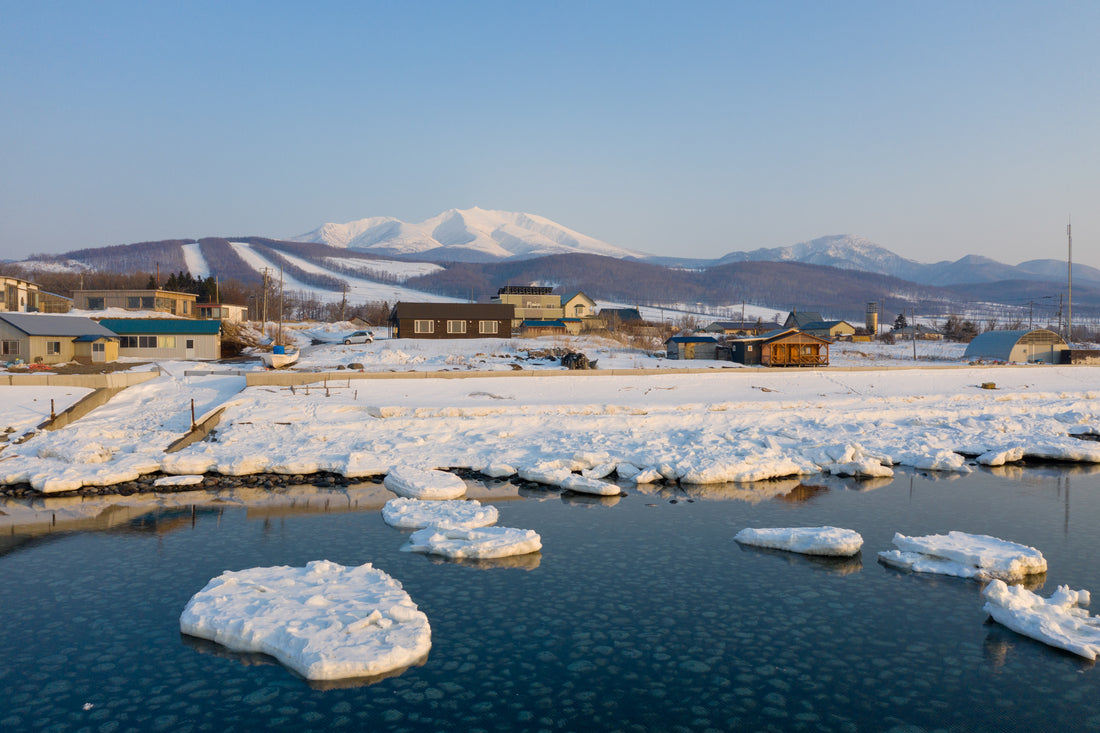
Travels
Ryūhyō — Hokkaido’ Drift Ice
Beyond the shores of Hokkaido, Japan’s northernmost island stretching up to Russia’s Sakalin Island, an awe-inspiring transformation is taking place.


